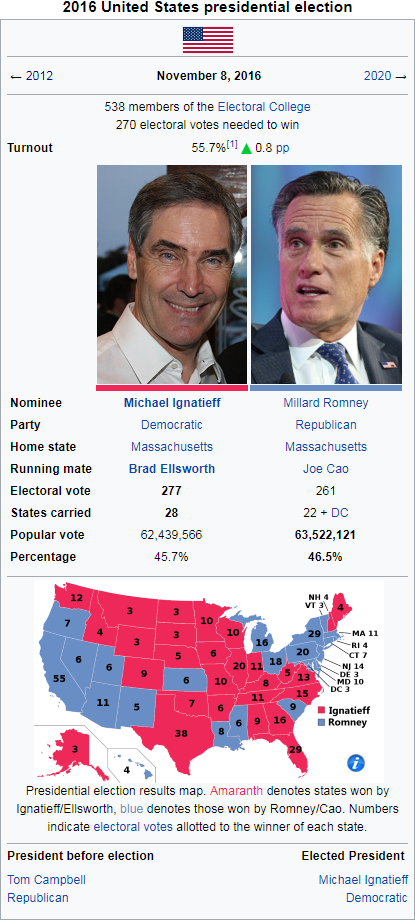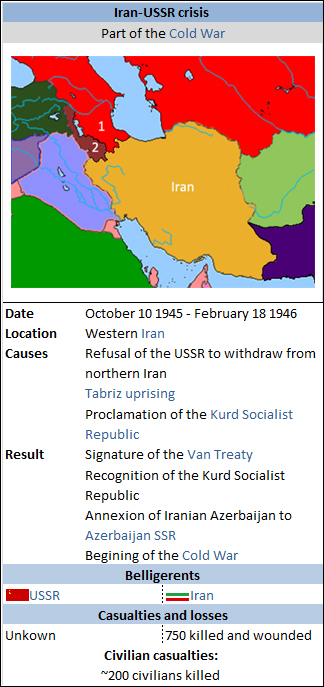Prussia (German: Preußen), officially the Free Republic of Prussia (German: Freie Republik Preußen) is a country located in Central and Eastern Europe. It is situated along the southern and southeastern shores of the Baltic Sea and is bordered by Poland to the south and west and Lithuania to the north and east. With a population of 5.3 million, it is the 118th most populous country in the world and the 20th most populous member of the European Union. Prussia's capital and largest city, with an estimated population of 1.5 million, is Preussiberg. Other major cities include Elbing, Allenstein and Gumbinnen. The country's official language is German and the vast majority speaks the Prussian dialect as their native language. Officially, the country also has two recognised languages – Lithuanian and Polish – thanks to the significant Lithuanian and Polish diasporas in south and east of the country. Its currency is currently the Prussian mark, although the country is expected to adopt the Euro as it has met EU financial criteria.
Prussia entered the ranks of the great powers shortly after becoming a kingdom in the 18th century and exercised considerable influence in the 18th and 19th centuries. During the 18th century it had a major say in many international affairs under the reign of Frederick the Great. During the 19th century, Chancellor Otto von Bismarck united the German principalities into a "Lesser Germany", which excluded the Austrian Empire. At the Congress of Vienna (1814–15), which redrew the map of Europe following Napoleon's defeat, Prussia acquired rich new territories, including the coal-rich Ruhr. The country then grew rapidly in influence economically and politically, and became the core of the North German Confederation in 1867 and then of the German Empire in 1871.
The Kingdom ended in 1918 along with other German monarchies that collapsed as a result of the German Revolution. In the Weimar Republic, the Free State of Prussia lost nearly all of its legal and political importance following the 1932 coup led by Franz von Papen. Subsequently, it was effectively dismantled into Nazi German Gaue in 1935. Nevertheless, some Prussian ministries were kept and Hermann Göring remained in his role as Minister President of Prussia until the end of World War II. In the aftermath of World War II, the province of East Prussia was occupied by the Soviet Union, who then granted the province independence from Germany as the People's Republic of Prussia, a Marxist-Leninist one-party state and satellite of the USSR. Between 1949 and 1990, the country was ruled by the People's Socialist Party of Prussia (VSP). The VSP was overthrown in the violent Prussian Revolution and the present-day Free Republic was established in its place in 1990. Since then, the country has experienced high population and economic growth – some of the highest levels in Europe – and joined NATO in 2004 and the European Union, after a successful referendum, in 2007.
As well as being a member of the EU and NATO, Prussia is also a member of the Council of Europe, Schengen Agreement and the OECD. It is also a member of the Nordic-Baltic Nine and, as of 2013, the Nordic Investment Bank. According to the United Nations Human Development Index, Prussia is a "very high human development" country.

Prussia entered the ranks of the great powers shortly after becoming a kingdom in the 18th century and exercised considerable influence in the 18th and 19th centuries. During the 18th century it had a major say in many international affairs under the reign of Frederick the Great. During the 19th century, Chancellor Otto von Bismarck united the German principalities into a "Lesser Germany", which excluded the Austrian Empire. At the Congress of Vienna (1814–15), which redrew the map of Europe following Napoleon's defeat, Prussia acquired rich new territories, including the coal-rich Ruhr. The country then grew rapidly in influence economically and politically, and became the core of the North German Confederation in 1867 and then of the German Empire in 1871.
The Kingdom ended in 1918 along with other German monarchies that collapsed as a result of the German Revolution. In the Weimar Republic, the Free State of Prussia lost nearly all of its legal and political importance following the 1932 coup led by Franz von Papen. Subsequently, it was effectively dismantled into Nazi German Gaue in 1935. Nevertheless, some Prussian ministries were kept and Hermann Göring remained in his role as Minister President of Prussia until the end of World War II. In the aftermath of World War II, the province of East Prussia was occupied by the Soviet Union, who then granted the province independence from Germany as the People's Republic of Prussia, a Marxist-Leninist one-party state and satellite of the USSR. Between 1949 and 1990, the country was ruled by the People's Socialist Party of Prussia (VSP). The VSP was overthrown in the violent Prussian Revolution and the present-day Free Republic was established in its place in 1990. Since then, the country has experienced high population and economic growth – some of the highest levels in Europe – and joined NATO in 2004 and the European Union, after a successful referendum, in 2007.
As well as being a member of the EU and NATO, Prussia is also a member of the Council of Europe, Schengen Agreement and the OECD. It is also a member of the Nordic-Baltic Nine and, as of 2013, the Nordic Investment Bank. According to the United Nations Human Development Index, Prussia is a "very high human development" country.



